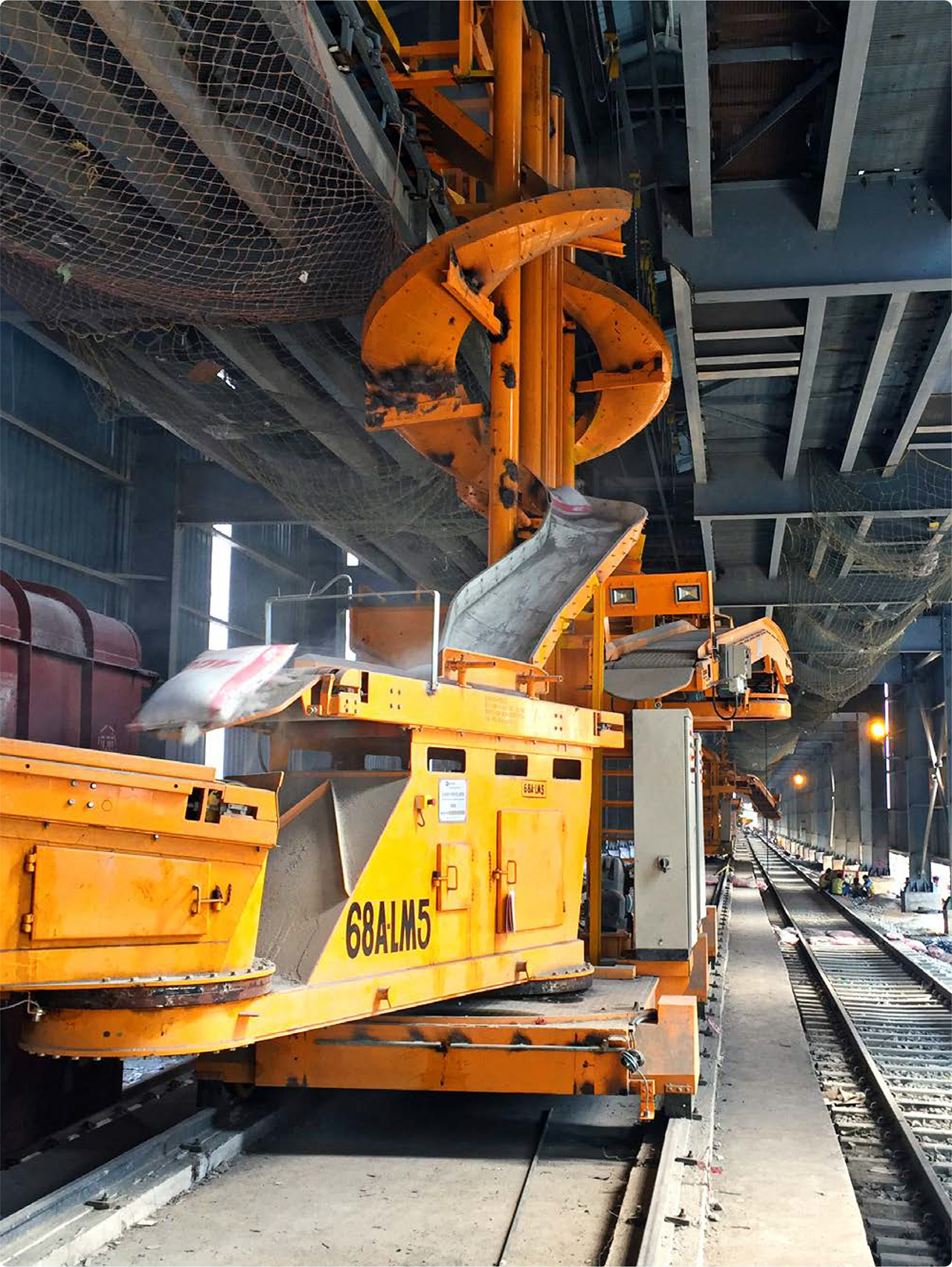Effective financial capital management enables us to attain business goals, preserve stakeholder value and maintain seamless business operations. We always strive to ensure healthy returns for the providers of our financial capital. Significant progress has been achieved in business metrics as a result of diverse efforts focused on enhancing operational efficiencies, synergies, and overall business excellence.
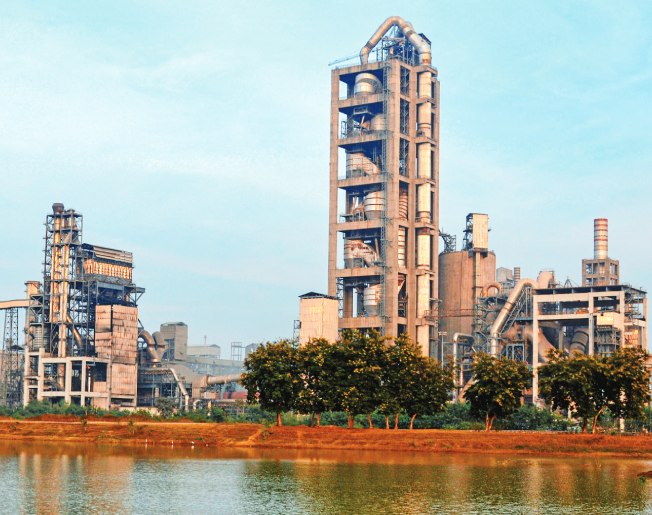
Material issues addressed
- Economic performance
- Climate and energy
- Indirect economic impacts
SDGs impacted

Adding Economic Value to Stakeholders
We are committed to doing business the right way, by adopting best practices and continuously assessing our performance on financial as well as non-financial parameters.

Notes
1. Inclusive of goods and service tax (GST)
2. Operating cost consists of total cost excluding CSR, Employee benefits expense, Depreciation and rate and taxes.
3. Contribution to Government include goods and service tax (GST), income tax paid (net of refund) and rate and taxes.
2022-23 Performance (Standalone)

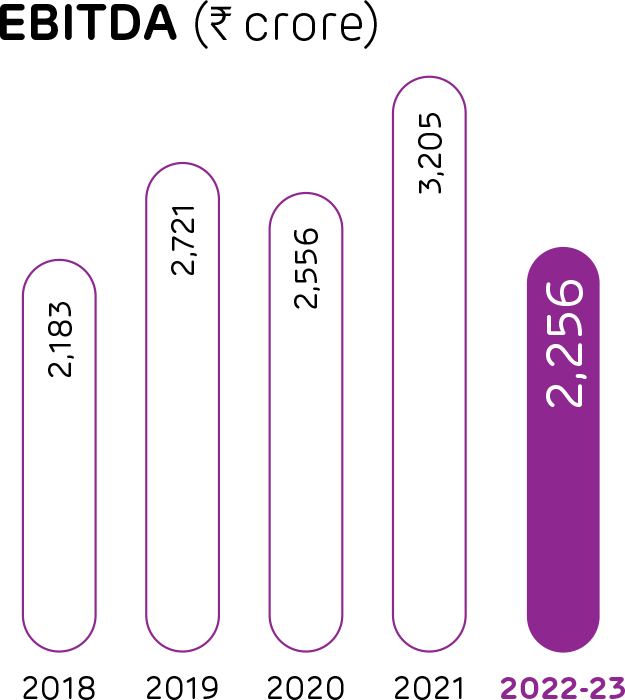

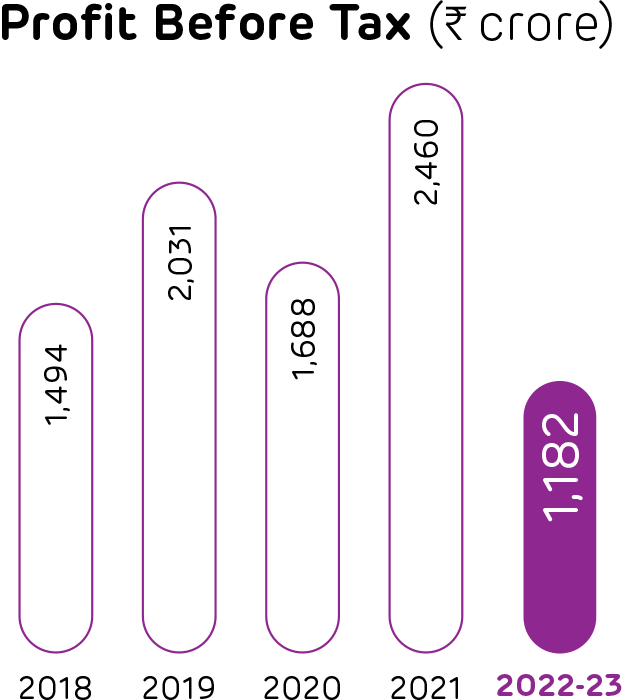
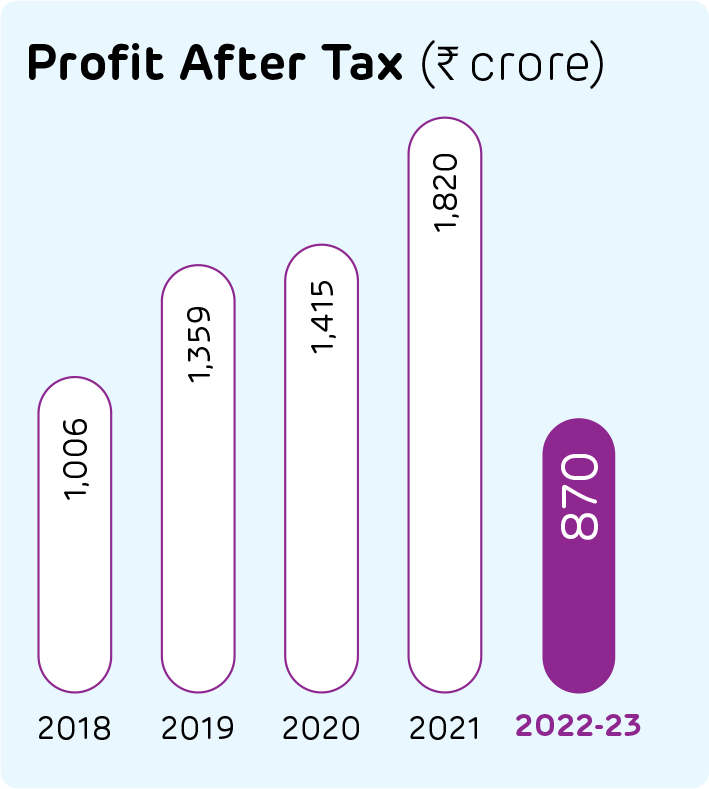
Note: The Company has changed its financial year end from December to March. Therefore, the figure for the current year is for 15 months and not comparable with the figures for the previous 12 months year ended December 31, 2021.
Capacity Expansion
In 2022, the expansion of Tikaria in Uttar Pradesh was successfully concluded, resulting in an additional cement capacity of 1.6 MTPA. The ongoing Ametha project in Madhya Pradesh is currently being executed and is scheduled to be commissioned by the second quarter of FY 2023-24. This project will contribute to an addition of a clinker capacity of 3.1 MTPA and a cement capacity of 1 MTPA. However, the project’s progress was partially affected by the COVID-19 pandemic.
To increase cement production and optimise the cost of production, we direct our capex projects towards de-bottlenecking existing plants, driving process efficiency, increasing the co-processing of Alternative Fuels and Raw Materials (AFRs), and installing Waste Heat Recovery Systems (WHRS) in other locations. These projects are advancing smoothly and are on schedule for timely completion.
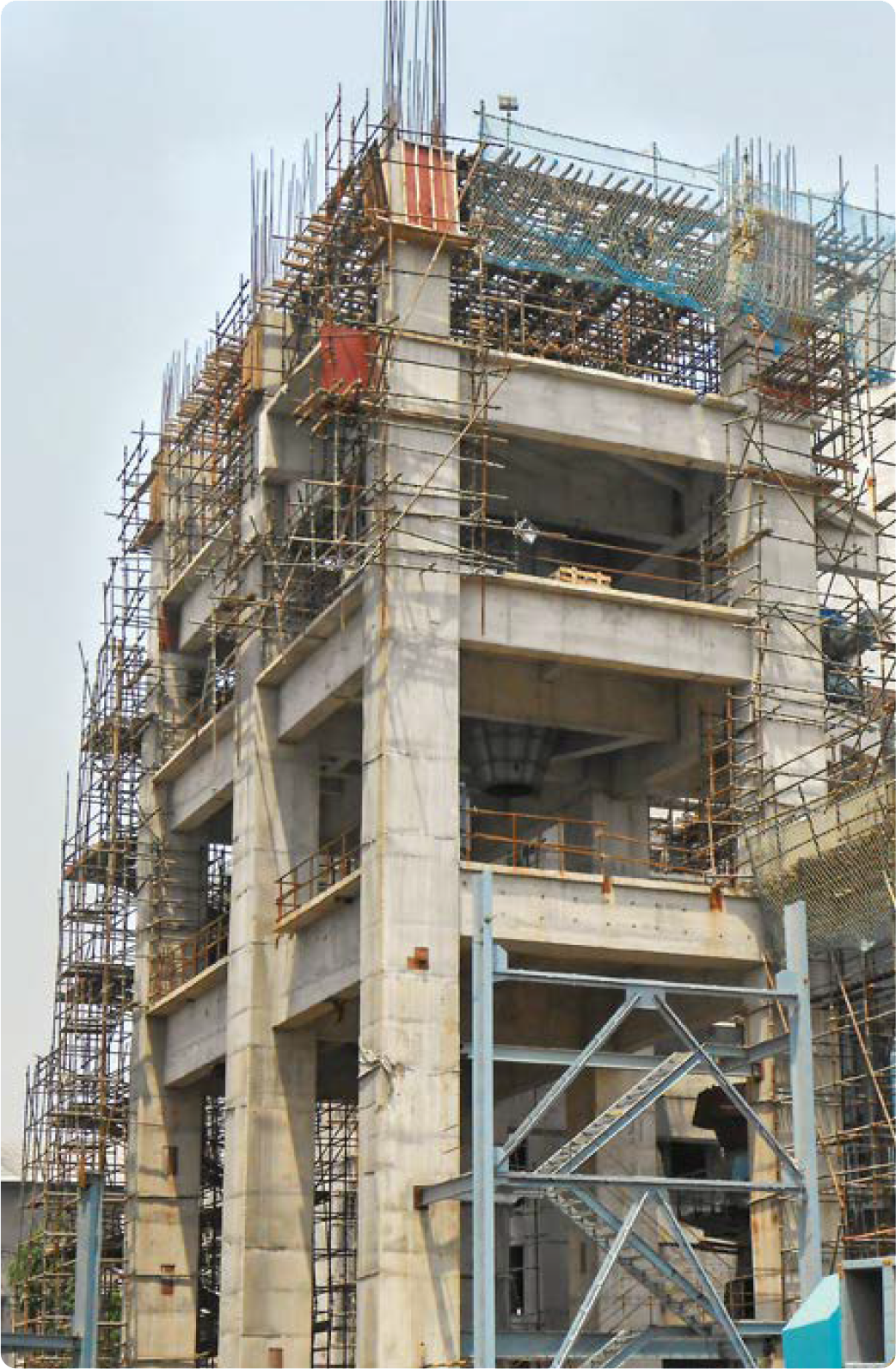
Cost Optimisation Measures
- From January 2022 to March 2023, we successfully commissioned two Waste Heat Recovery Systems (WHRS) with a combined capacity of 22.4 MW. As a part of our ongoing commitment towards achieving Net Zero CO₂ emissions, we will continue to expand our portfolio of renewable and green energy sources. This includes the installation of systems to increase the co-processing of Alternative Fuels and Raw Materials (AFRs).
- The upcoming projects include installation of WHRS system at our Karnataka, Madhya Pradesh and Maharashtra units contributing to additional power generation of 55.8 MW
- Additionally, updgradation of AFR pre- and coprocessing system at various plant would help us to achieve 18% TSR by 2024 (after complete realisation of projects).
- Fly ash dryer projects at Kymore, Gagal and Wadi are installed and commissioning is in progress.
- Planning is in place for utilisation of additional 100 MW solar energy at various locations.
